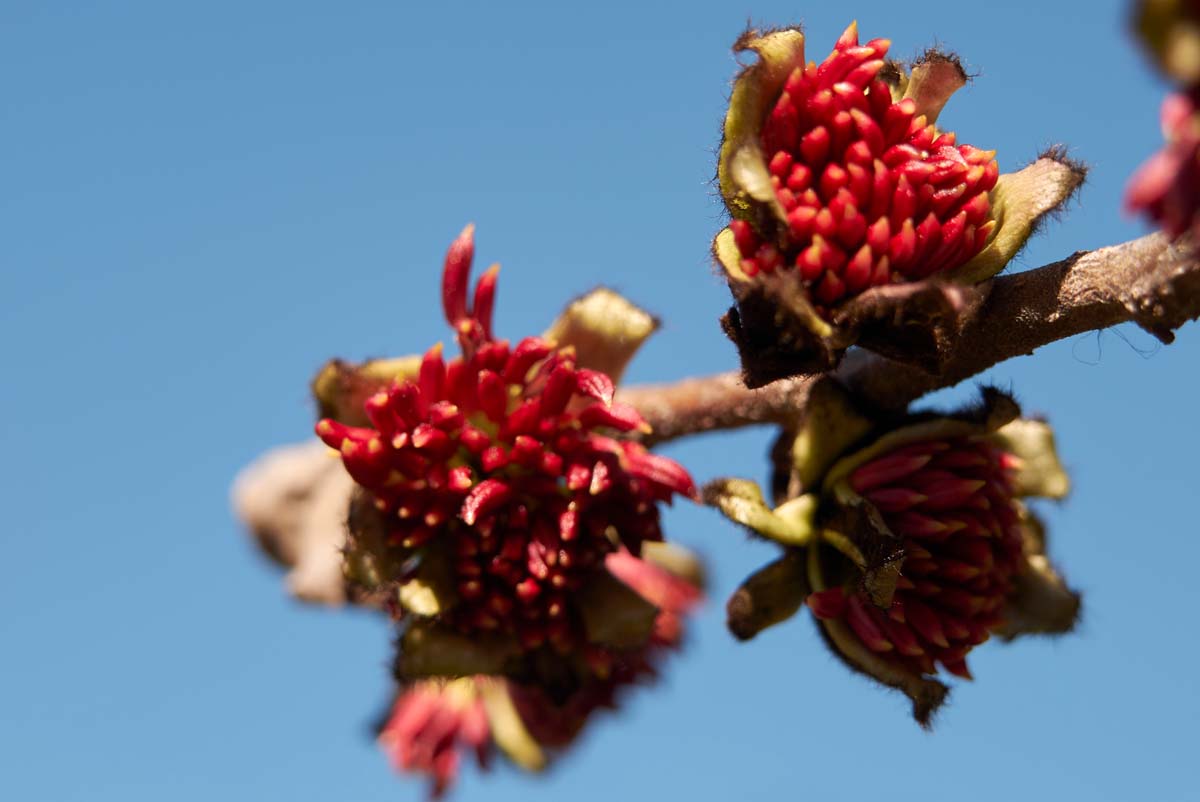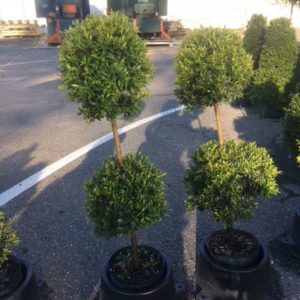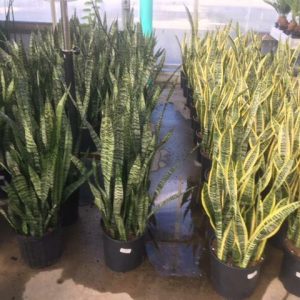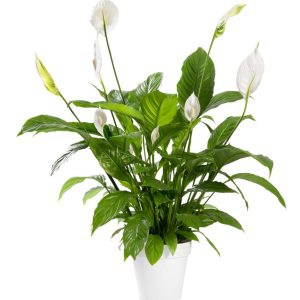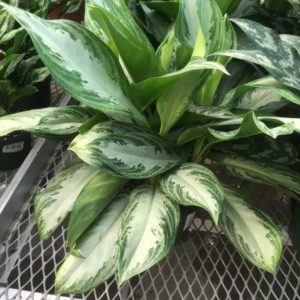Description
Parrotia – Persian Witch Hazel –
There is a sole species of a deciduous tree in this genus. It occurs in forest in the Caucasus and Northern Iran. P. persica is grown for it simple, 4″ long, alternate, rich green leaves, attractively colored rich purple to brilliant red autumn color, for its pinkish-brown peeling/flaking bark which leaves cinnamon, pink, green, and pale yellow patches, and for its dark petalless flowers with dark red stamens enclosed in brown bracts, held in dense clusters along the bare branches in late winter or early spring. Grow as a specimen tree or in an open site in a woodland garden.
Grow in deep, fertile, moist but well drained soil in full sun or partial shade. Grow in acidic soil for best autumn color. Lime tolerant.
P. persica ‘Pendula’ – Iron Tree – Persian Ironwood – Persian Parrotia – This dense, deciduous, spreading, short trunk, weeping habit tree from the Caucasus and Northern Iran grows 5′ feet tall and 10′ feet wide. It has flaking/peeling, gray and yellowish-brown bark when mature. It produces alternate shallowly toothed, diamond shaped, glossy, rich green, somewhat leathery leaves to 5″ long and 3″ wide, and turn yellow, orange, and red purple in autumn. In late winter or early spring before the leaves it bears tiny, spider like red flowers, held in spherical clusters, ½” across.
Zones 4-7

